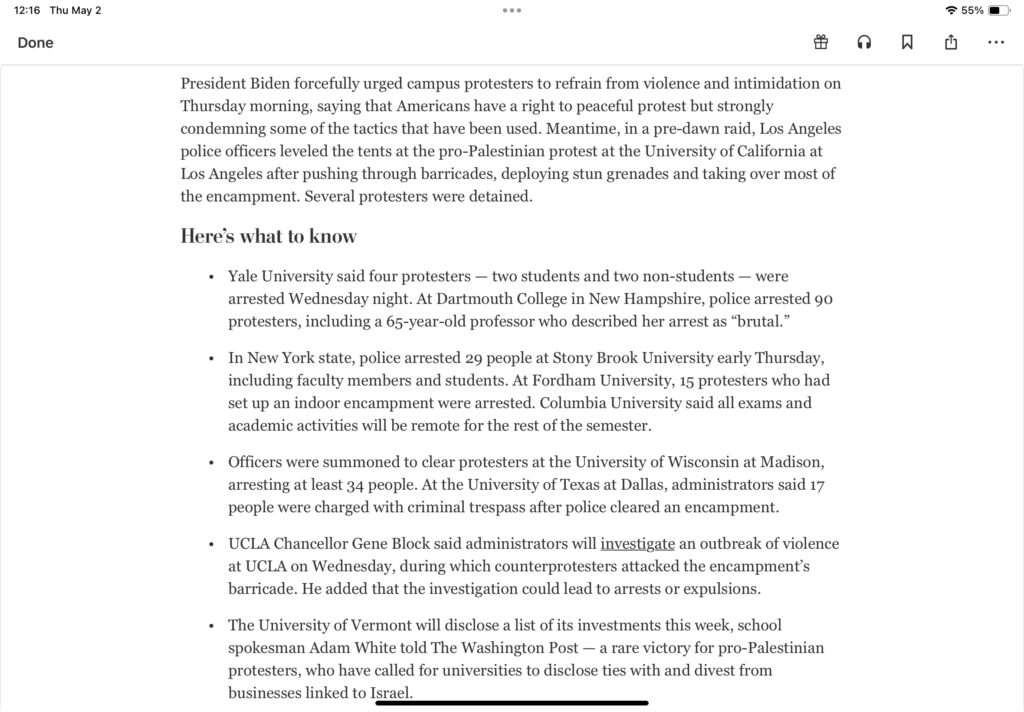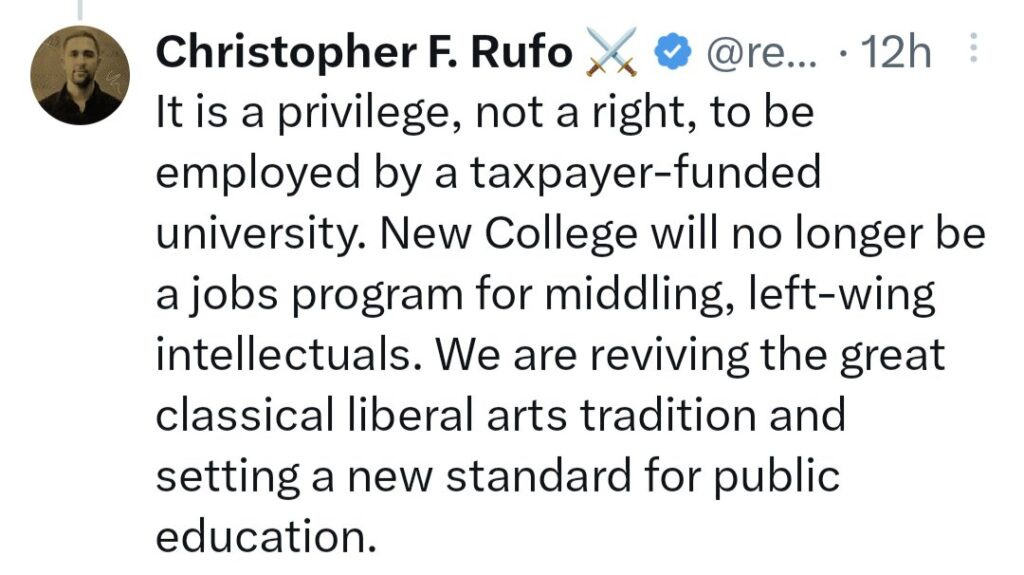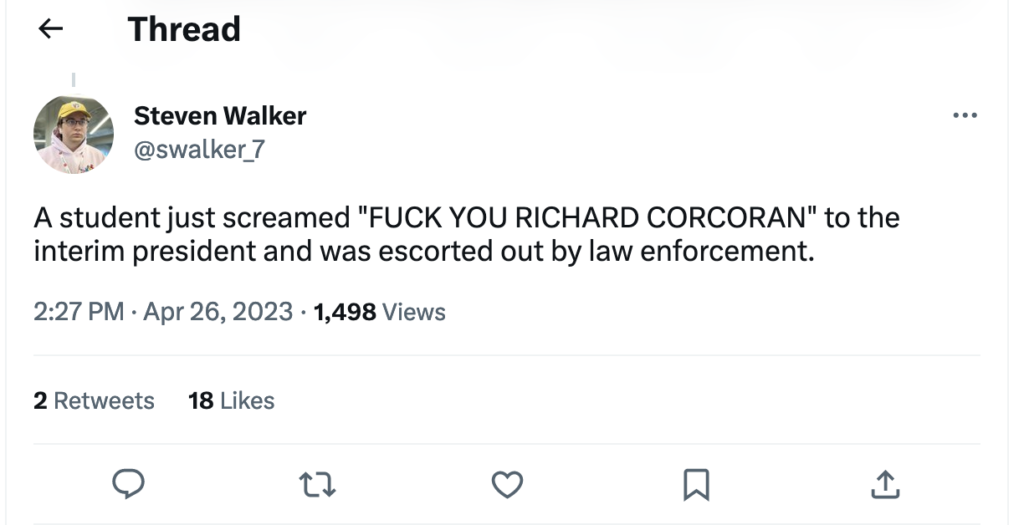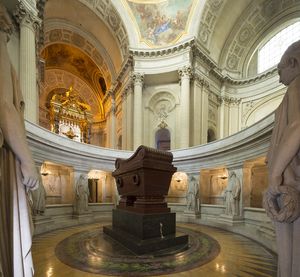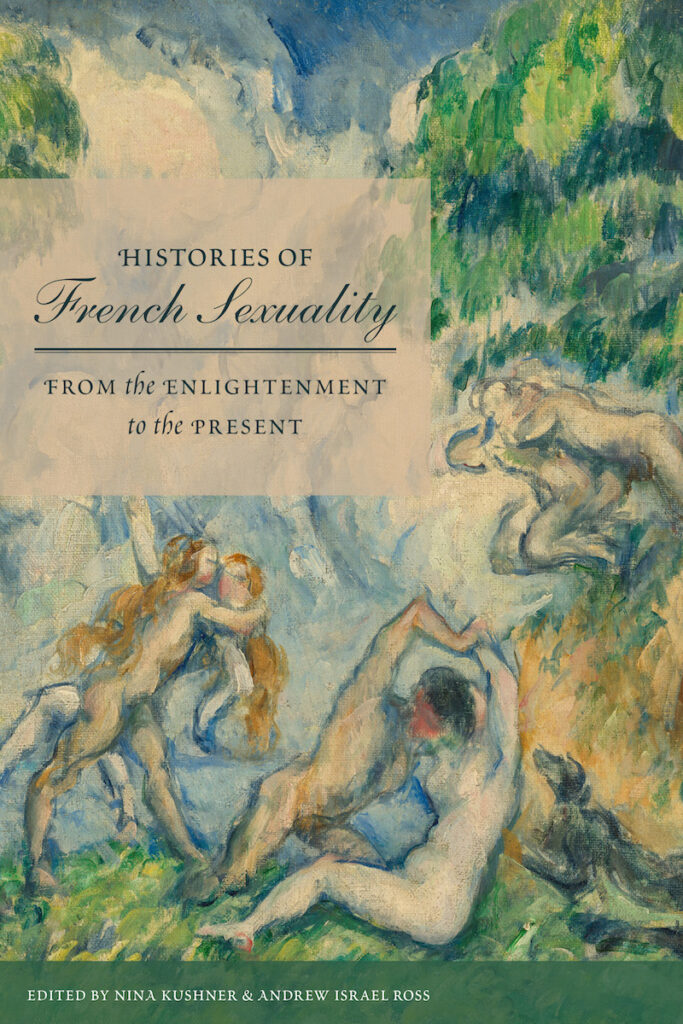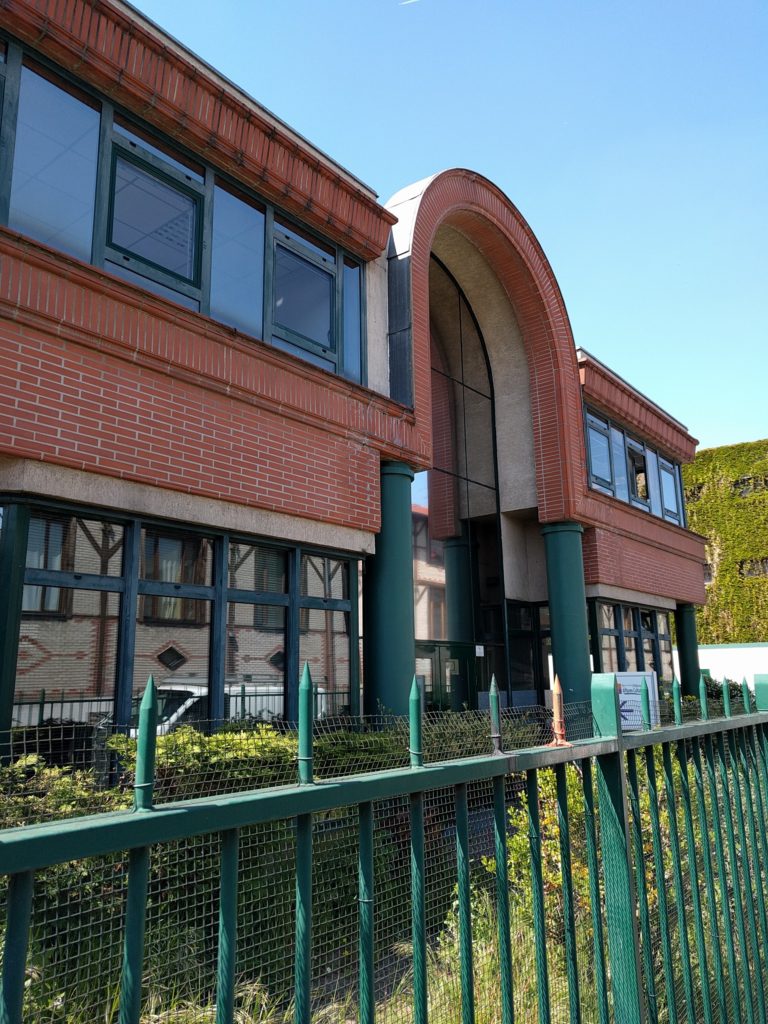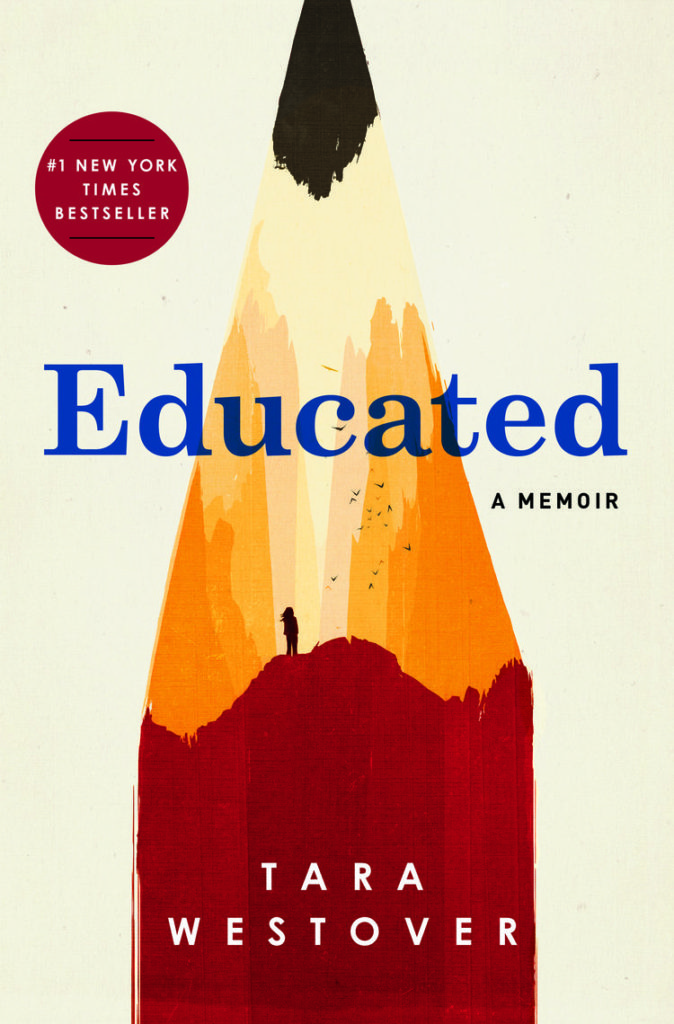I just listened to On the Media’s interview with Cameron Okeke, the author of a recent article at Vox regarding the recent letter sent to incoming students at the University of Chicago regarding “trigger warnings” and “safe spaces.” Okeke argues that it is only by providing safe spaces in which minority students can have the opportunity to engage with one another without being imposed upon by members of the majority can universities be truly fulfill their supposed goals regarding diversity. His comments about the importance of the Office of Multicultural Affairs at Chicago brought a rush of memories about my own experience with the Student Activities Office at Washington University in St. Louis. The irony of both Okeke’s and my own memories of these spaces is that they were precisely those in which we were most challenged. These were the spaces in which people you could assume were fundamentally allies could question your assumptions, push you to consider other people’s points of view, and learn about the variety of people’s life experiences. The Student Activities Office — and especially the “Spectrum Suite,” where the campus LGBTQ group met — was where I learned about the specific challenges that face transgender individuals, where people of faith and those without worked to understand why some LGBTQ folk still found value in the church or synagogue and others did not, and where I recall quite clearly being called out for an uncritical use of the word “queer” as a political stance. Despite all the various points of potential and actual conflict what was never in question was the assumption of one another’s value as not only a fellow human being, but as an LGBTQ person.
My current institution is in Mississippi, which obviously presents unique challenges to fostering a community space that values the diversity of the state that we are quite proud to reflect. A recent “Campus Climate Survey” did not provide much good news, for instance, regarding how LGBTQ and non-Christian students in particular feel about Southern Miss. In addition, like public universities throughout the country, we are in a constant state of budget-anxiety, which is not exactly conducive to advocating for the opening of new spaces for minority groups. I bring this up because, despite these challenges, the administration does seem committed to making some changes, including the constitution of an advisory committee for LGBTQ issues that would also take the lead in training community members who wish to indicate that their office is a “safe space.” In a positive development, Southern Miss seems to committed to the creation, rather than the suppression, of at least some safe spaces.
I’ve decided to volunteer to be on this committee, but not without some ambivalence. Many people who went to college during the late 1990s and early 2000s will remember seeing little placards with a pink triangle outside faculty and dorm room doors indicating that that place was welcoming to LGBTQ people. The placards read to me too much of a period that I had thought we had moved beyond. Individual campus offices should not be “safe” because the entire campus must be; I should not have to indicate to my students that I am not a homophobe because all faculty and staff (to say nothing of the student body) should be against homophobia. The burden of the assumption seems to be misplaced in some ways. But even my last job, at a small liberal arts college in the north, where the idea of these placards would probably have been deemed passé, had a couple homophobic events during my time there (banners getting ripped down and that sort of thing). Reading and listening to Okeke and reflecting on these new initiatives reflect the continuing need for universities to take an active role in fostering the ability of their students to, basically, figure themselves out free from at least some of the constant burdens that may face in everyday life. Those who construct the straw man as a space free from intellectual or other kinds of conflict fundamentally misunderstand their purpose. It’s not to “coddle” students that such spaces are necessary, but rather to strengthen them. Perhaps that’s why those with power often seem to be so scared of them.
